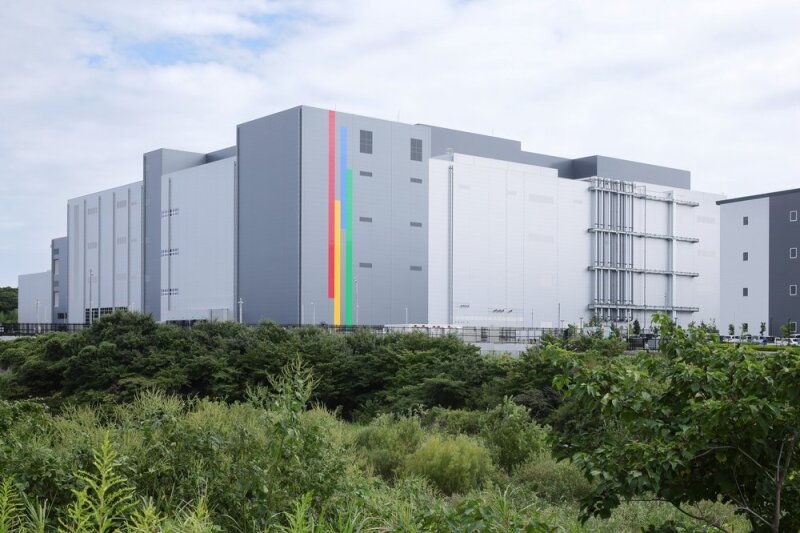Capacity Media rounds up some of the companies driving this transformation.
MICROSOFT

Just recently, Microsoft took significant steps in expanding its data centre infrastructure to meet the growing demand for AI and cloud-based services.
In partnership with G42, the technology giant launched two new data centres with a focus on supporting responsible AI technologies.
Additionally, the company teamed up with BlackRock to create a $30 billion investment fund aimed at developing AI-driven data centre infrastructure.
Subscribe today for free
BIG DATA EXCHANGE (BDx)
BDx is rapidly growing its presence in Asia, particularly in Indonesia, where it recently acquired Indosat’s data centre and edge portfolio for $170 million.
The company also announced it is also developing a 100MW hyperscale data center campus in Suryacipta, Indonesia, which will further expand its capacity to support cloud services in Southeast Asia.

While Google is known for its global presence in data centres, it is also focused on sustainability.
Initially approved in 2020, the project faced pushback due to Chile's ongoing 15-year drought, which has placed immense pressure on the region’s water resources, forcing the tech giant to reconsider its approach.
EXA INFRASTRUCTURE
Exa Infrastructure is making strategic moves to enhance global data connectivity by expanding its fibre networks and edge facilities.
The company recently launched a new route between Ashburn and Atlanta and is planning a hybrid microwave-fibre route between New York and London.
Additionally, Exa sold seven of its edge data centers to nLighten, focusing more on its core infrastructure.
NOKIA

Nokia automates data centers to enhance operational efficiency and reduce costs.
The company announced it is focusing on integrating advanced technologies and AI to streamline processes, as a result, the telecoms giant unveiled its Event-Driven Automation (EDA) platform, an AI-powered software solution capable of automating data center network operations.
Built on Kubernetes, the platform aims to reduce operational effort by up to 40% by simplifying lifecycle operations and improving network reliability.
At the time Vach Kompella, SVP and general manager of IP networks business at Nokia, said: “By leveraging the power of Kubernetes, we are enabling our customers to access a modern approach to network automation that significantly reduces operational effort and helps eliminate human error.
“This is a major step forward in our mission to deliver the world’s most trusted networks.”






